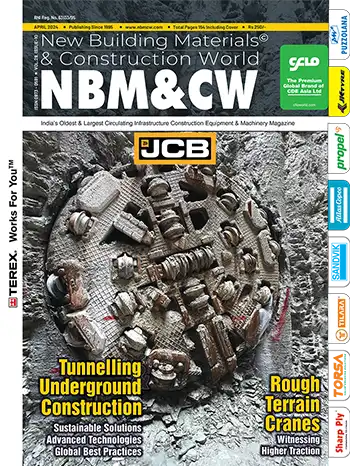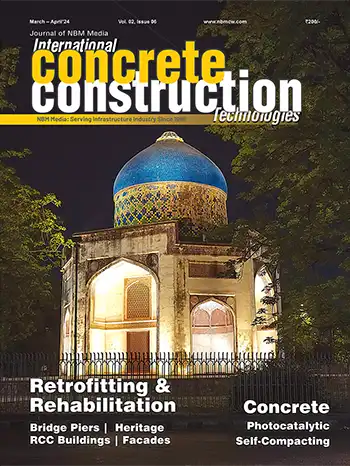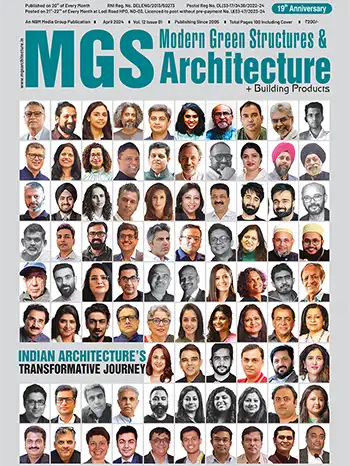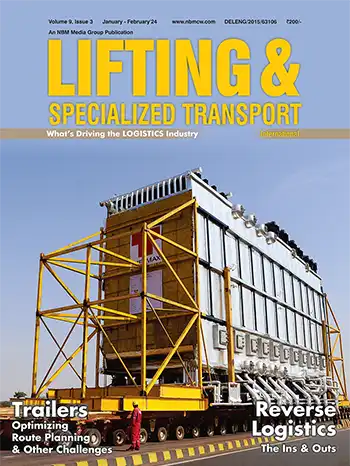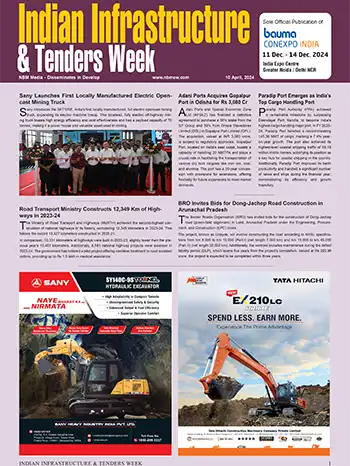Etrack Hybrid Crushing & Screening Plants Offer Higher Efficiency
Etrack Hybrid crushing & screening plants are designed and engineered to deliver higher efficiency and lower operating/per ton cost; plus, the machines have high availability as they are designed to be hybrid, which means that they can run on both electricity and Diesel.
Etrack Hybrid machines offer lower cost of operations due to several innovative feature such as - the power unit (generator) used to power the crushing and screening unit can be dropped off, in case prime power is available. Secondly, the power off take from the machine can easily be used for powering the site tower lights or other utilities at site. (This is when the crushing plant is in operation). Through such flexible usage, commercial quarry owners and road contractors will be able to curtail their expenses by not having to buy an extra generator set at the job site.
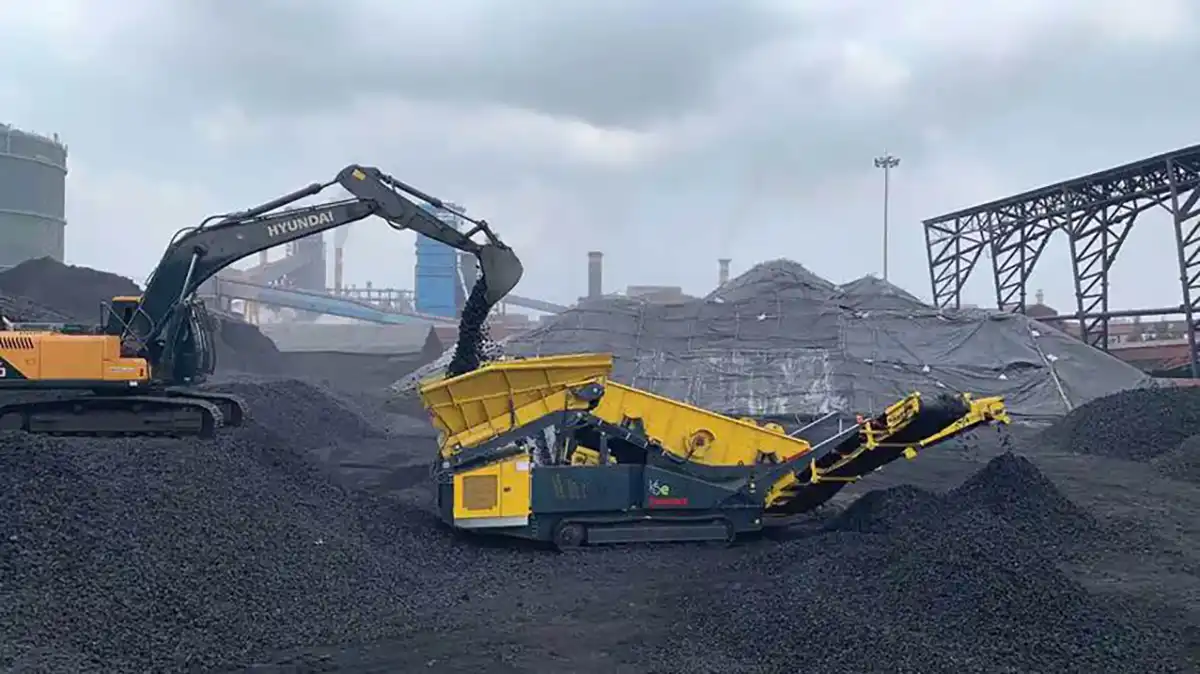
Another aspect that lowers the owning and operating cost of its machines is the use of innovative hybrid technology that substantially reduces the number of parts and are designed for ease of operation. The overall compactness & light weight has been achieved by way of using special grade steel for making the structure strong and robust. All this also makes them easy and cost effective to transport.
Indigenization with Global Quality
Etrack aims to widen its business footprint in the highly competitive Indian market, primarily through its technological prowess and strong customer support services. The company plans to tap segments like processing of iron ore, demolition waste recycling, and processing of municipal solid waste.
Etrack products have been designed to deliver 15% more efficiency as compared to its European and Indian competitors in the crushing and screening field. The higher efficiency relates to production throughput, machine performance, and higher uptime due to lesser wear and tear of the machine parts. All this has been led by adaption of advanced technology at par with our global standards in the designing of its machines. So, Indian customers will benefit greatly by reduced cost of operations throughout the lifecycle of our products.
Indigenization will be its major focus area to lower product cost. Etrack has sourced local vendors for fabrication as it aims for at least 70% localization of its products but will continue to import 30% of the components such as engines and hydraulic components etc, along with cone crushers – despite the presence of local component manufacturers in India.
Etrack Hybrid machines offer lower cost of operations due to several innovative feature such as - the power unit (generator) used to power the crushing and screening unit can be dropped off, in case prime power is available. Secondly, the power off take from the machine can easily be used for powering the site tower lights or other utilities at site. (This is when the crushing plant is in operation). Through such flexible usage, commercial quarry owners and road contractors will be able to curtail their expenses by not having to buy an extra generator set at the job site.

Another aspect that lowers the owning and operating cost of its machines is the use of innovative hybrid technology that substantially reduces the number of parts and are designed for ease of operation. The overall compactness & light weight has been achieved by way of using special grade steel for making the structure strong and robust. All this also makes them easy and cost effective to transport.
Indigenization with Global Quality
Etrack aims to widen its business footprint in the highly competitive Indian market, primarily through its technological prowess and strong customer support services. The company plans to tap segments like processing of iron ore, demolition waste recycling, and processing of municipal solid waste.
Etrack products have been designed to deliver 15% more efficiency as compared to its European and Indian competitors in the crushing and screening field. The higher efficiency relates to production throughput, machine performance, and higher uptime due to lesser wear and tear of the machine parts. All this has been led by adaption of advanced technology at par with our global standards in the designing of its machines. So, Indian customers will benefit greatly by reduced cost of operations throughout the lifecycle of our products.
Indigenization will be its major focus area to lower product cost. Etrack has sourced local vendors for fabrication as it aims for at least 70% localization of its products but will continue to import 30% of the components such as engines and hydraulic components etc, along with cone crushers – despite the presence of local component manufacturers in India.














